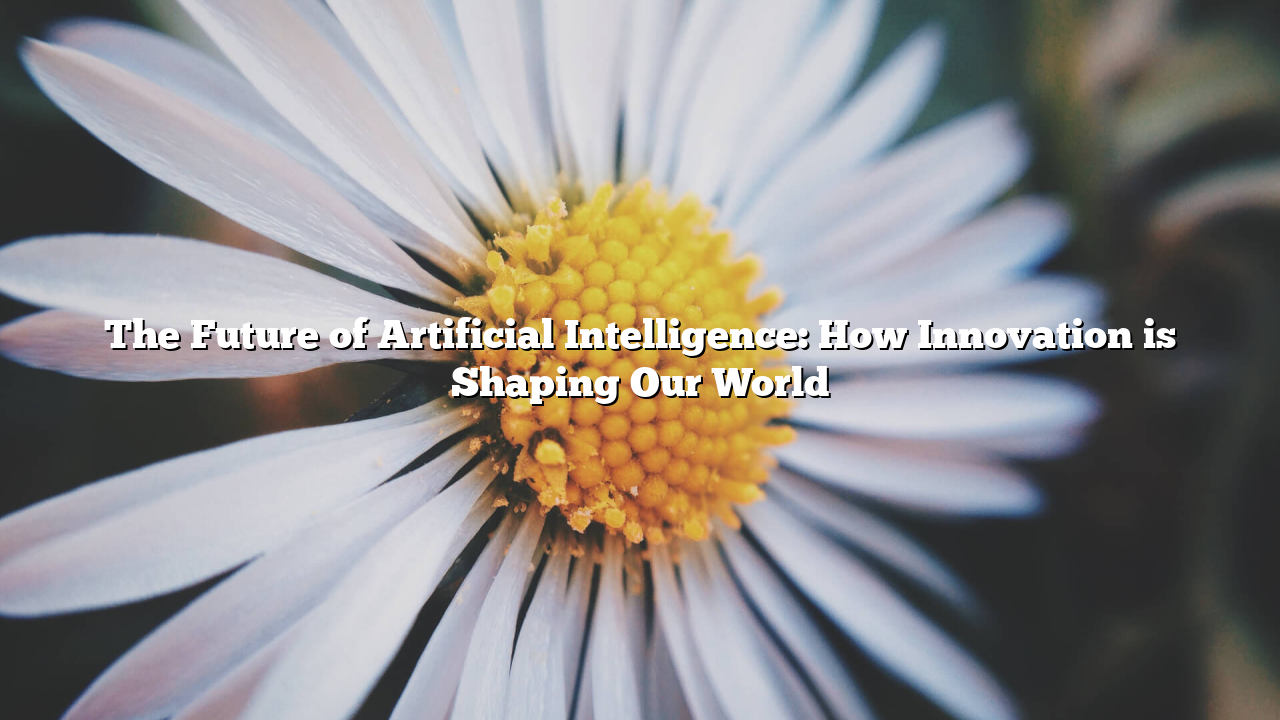As we move deeper into the 21st century, the integration of key sectors such as finance, health, AI, and tech is shaping the very fabric of modern life. Let’s dive into how these domains blend together and how they collectively drive progress.
1. Financial Technology (FinTech): Revolutionizing the Economy
Financial technology, or FinTech is changing the way we handle money in unprecedented ways.
Users require real-time access to their financial information. With digital wallets like Venmo, sending funds can be done in seconds.
tombolbet88 are gaining popularity as new financial instruments, offering global accessibility.
FinTech also enables AI-powered recommendations. Platforms like Robinhood use algorithms to help users make smart investment choices.
Meanwhile, businesses use FinTech for better budgeting. Machine learning tools analyze spending trends to optimize revenue.
2. Technology’s Impact on Healthcare
Digital innovations are revolutionizing healthcare delivery.
Smart devices like Apple Watch track everything from heart rate to fitness goals. This empowers users to take proactive health steps.
Remote diagnosis has made healthcare more accessible. Over recent years, patients and doctors embraced virtual appointments via Zoom.
AI-powered diagnostics help physicians detect diseases faster and more accurately. Tools like Google’s DeepMind have shown great promise in neurological disorder management.
3. The Rise of Artificial Intelligence Across Industries
Smart computing is no longer just a buzzword. It plays a transformational role in sectors ranging from healthcare to finance.
In finance, AI helps with credit scoring. Cognitive computing systems analyze banking patterns to detect potential threats in real-time.
In healthcare, AI enhances drug discovery. Researchers use AI to simulate drug reactions. This reduces time and costs in bringing life-saving drugs to market.
In technology, AI drives language processing. Self-driving cars from Cruise use AI to avoid collisions. AI also powers assistants like Alexa, making everyday life easier.
4. Smart Health and Intelligent Finance: The New Synergy
Smart technologies are merging personal finance and well-being.
Debt and instability often lead to depression, which in turn leads to chronic illnesses. Conversely, strong financial planning supports healthier choices.
Apps now combine financial advice with health metrics. For example, platforms like Lark Health offer cash-back for meeting fitness goals.
Insurance companies also use tech to adjust premiums based on wearable data. This incentivizes exercise and helps reduce claims.
5. Challenges and Ethical Considerations
Though progress is evident, there are important challenges.
Information misuse is a key concern. As users share more sensitive metrics, companies must ensure transparency.
There are also concerns about bias in AI. If AI systems are trained on biased data, they can produce inaccurate outcomes.
Moreover, overreliance on technology may reduce human interaction. For example, if people fully trust AI financial advisors, they may miss important contextual insights.
6. The Road Ahead: Innovation with Responsibility
As we advance, the intersection of finance, tech, AI, and health will deepen.
Global institutions must collaborate to build inclusive systems. Education is crucial—people need to understand both the risks of emerging technologies.
AI-aware financial planners will become the norm. Tomorrow’s leaders must navigate a world where money, machines, minds, and medicine intersect.
—
Final Thoughts
The evolution of interconnected domains is not just a trend—it’s a paradigm shift.
Whether it’s AI helping us save money, these innovations are transforming society.
But with great power comes great responsibility. It’s up to tech leaders and individuals alike to ensure that no one gets left behind.
